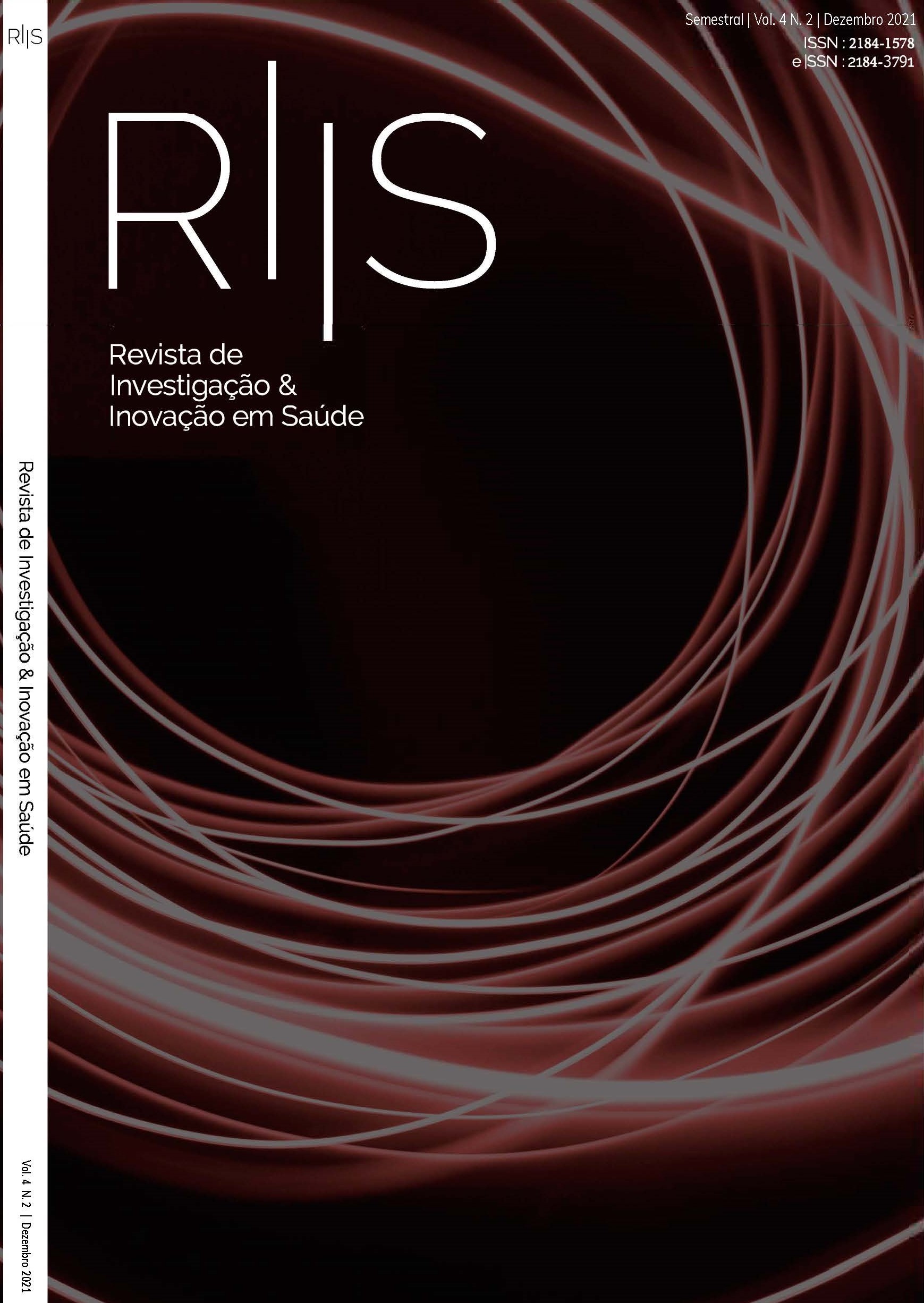Knowledge management in the hospital context: a scoping review knowle
DOI:
https://doi.org/10.37914/riis.v4i2.172Keywords:
Gestión del Conocimiento; Hospitales; Personal de Salud; Gestor de Salud.Abstract
Background: the implementation of knowledge management in hospital organisations is considered an essential element of good governance, which allows responding to the challenges that arise daily with greater ease, effectiveness and efficiency. However, there are numerous factors influencing the implementation of this concept of interest in hospital organizations, and it is pertinent to identify them. Objective: to map the factors that influence the implementation of knowledge management in hospital settings by clinicians and health managers. Methodology: scoping review conducted according to: Preferred Reporting Items for Systematic Reviews and Meta-Analyses Extension for Scoping Reviews. A search was conducted in scientific databases with no restriction on time space and in Portugue se, English and Spanish. The process of study selection, data extraction and information synthesis was carried out by only one author. Results: through the four studies included in this review, it was possible to identify 16 factors influencing the implementation of knowledge management in hospital settings by clinicians and managers in healthcare. Conclusion: the mapping of the influencing factors al lows for the development of organizational strategies to enhance or overcome them, with a view to health gains and good hospital governance. Further primary studies will also be needed, mainly in the Portuguese context.
References
Ajmal, M., Helo, P., & Kekäle, T. (2010). Critical factors for knowledge management in project business. Journal of Knowledge Management, 14(1), 156-168. http:// dx.doi.org/10.1108/13673271011015633.
American Productivity & Quality Center. (2021). Knowledge Management https://www.apqc.org/expertise/knowledge-management
Besen, F., Tecchio, E., & Fialho, F. A. P. (2017). Liderança autêntica e a gestão do conhecimento. Gestão & Produção, 24(1), 2-14. doi: 10.1590/0104-530X898-13
Chen, Y. H., Liu, C. F., & Hwang, H. G. (2011). Key factors affecting healthcare professionals to adopt knowledge management: The case of infection control departments of Taiwanese hospitals. Expert Systems with Applications, 38(1), 450-457. doi: 10.1016/j.eswa.2010.06.085
Clare, M., & Detore, A. W. (2000). Knowledge assets: Professional's guide to valuation and financial management. Harcourt Legal & Professional Publications, Incorporated.
Cruz, S. G., & Ferreira, M. M. F. (2015). Perceção de cultura organizacional e de gestão do conhecimento em hospitais com diferentes modelos de gestão. Revista de Enfermagem Referência, (5), 75-83. doi: 10.12707/RIV14065
Davenport, T. H., & Glaser, J. (2002). Just-in-time delivery comes to knowledge management. Harvard business review, 80(7), 107-11.
Davenport, T. H., DeLong, D. W., & Beers, M. C. (1998). Successful knowledge management projects. Sloan Management Review, 39(2), 43–57. https://www.researchgate.net/profile/Thomas_Davenport2/publication/200045855_Building_Successful_Knowledge_Management_Projects/links/53db93a40cf216e4210bf847.pdf
Dzulkifli, A. M., Arifin, M. A., & Salmah, A. U. (2020). Effect of the principles of good corporate governance on satisfaction of inpatients at Bahagia type c hospital, Makassar City. Enfermería Clínica, 30, 257-260. doi: 10.1016/j.enfcli.2019.10.079
Eeckloo, K., Van Herck, G., Van Hulle, C., & Vleugels, A. (2004). From Corporate Governance To Hospital Governance.: Authority, transparency and accountability of Belgian non-profit hospitals’ board and management. Health Policy, 68(1), 1-15. doi: 10.1016/j.healthpol.2003.07.009
Ein-Dor, P., & Segev, E. (1978). Organizational context and the success of management information system. Management Science, 24(10), 1064–1077. doi: 10.1287/mnsc.24.10.1064
El Morr, C., & Subercaze, J. (2010). Knowledge management in health care. In Cunha, M. M. C., Tavares, A. J., & Simões, R. (Eds.), Handbook of research on developments in e-health and telemedicine: Technological and social perspetives. (pp. 490-510). USA: IGI Global.
Lee, E. J., Kim, H. S., & Kim, H. Y. (2014). Relationships between core factors of knowledge management in hospital nursing organisations and outcomes of nursing performance. Journal of clinical nursing, 23(23-24), 3513-3524. doi: 10.1111/jocn.12603
Lee, H. S. (2017). Knowledge management enablers and process in hospital organizations. Osong public health and research perspectives, 8(1), 26. doi: 10.24171/j.phrp.2017.8.1.04
Maier, R. (2005). Knowledge management systems: information and communication technologies for knowledge management. Computing Reviews, 46(1), 24.
Marion, G. (1999). Barriers to the adoption of computerized technology in health care systems. Topic in Health Information Management, 19(4), 1–19.
Observatório Português dos Sistemas de Saúde (2009). 10/30Anos: Razões para continuar. Relatório de Primavera 2009. Escola Nacional de Saúde Pública
Ramachandran, S. D., Chong, S. C., & Wong, K. Y. (2013). Knowledge management practices and enablers in public universities: A gap analysis. Campus-Wide Information Systems, 30(2), 76-94. doi: 10.1108/10650741311306273.
Sakellarides, C. T. (2003). El valor de la salud y su" gobierno" en un mumdo globalizado posmoderno: el encuentro de la bella y la bestia. Humanitas, Humanidades Médicas, 1(3), 255-264.
Tricco, A. C., Lillie, E., Zarin, W., O'Brien, K. K., Colquhoun, H., Levac, D., ... & Hempel, S. (2018). PRISMA extension for scoping reviews (PRISMA-ScR): checklist and explanation. Annals of internal medicine, 169(7), 467-473. doi: 10.7326/M18- 0850
Wong, K. Y., & Aspinwall, E. (2005). An empirical study of the important factors for knowledge-management adoption in the SME sector. Journal of Knowledge Management, 9(3), 64-82. doi: 10.1108/1367327051060277
World Health Organization. (2020). Hospitals. https://www.who.int/health-topics/hospitals
Downloads
Published
How to Cite
Issue
Section
License
Copyright (c) 2021 Andreia Mesquita, Diana Gabriela Simões Marques dos Santos, Vítor Manuel dos Reis Raposo

This work is licensed under a Creative Commons Attribution 4.0 International License.















